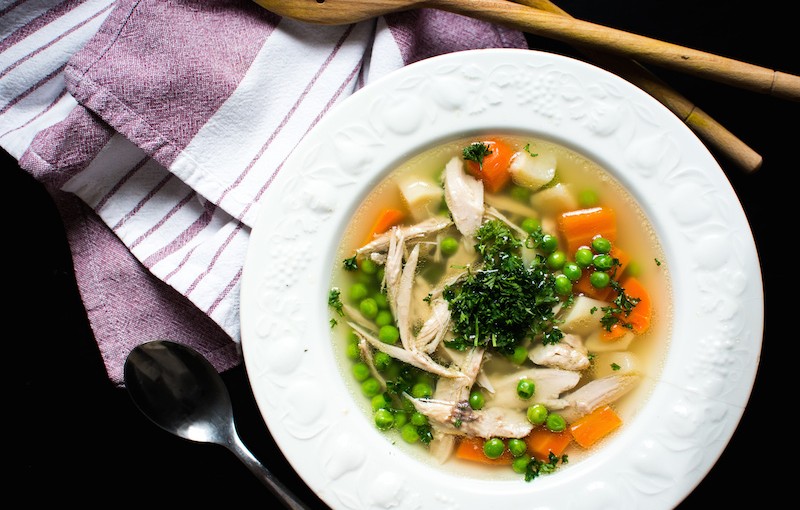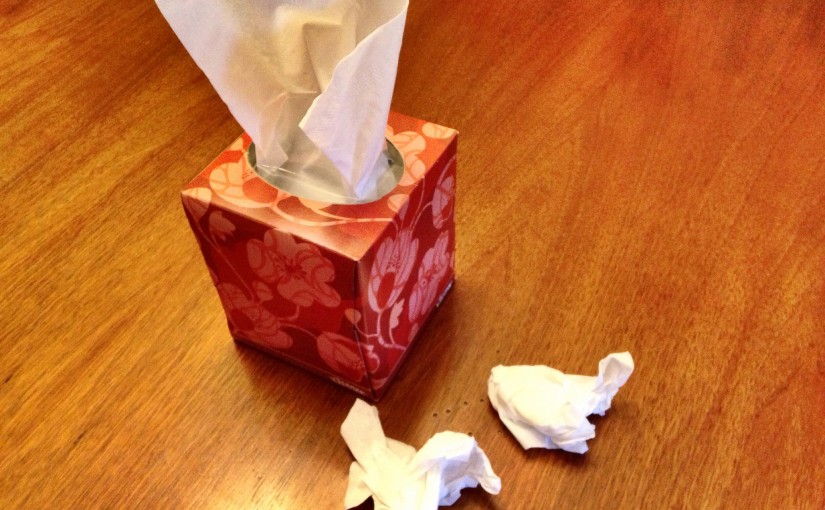Tag: Health
-

Cholesterol: Fact and Fiction
If you ask a random person on the street if they have heard of cholesterol, chances are they have. It is also highly likely that they hold some common ideas concerning this vital compound, its role in the human body, and the damage elevated levels can cause. These ideas are spread so frequently that many…
-

25 Comfort Food Ideas to Get You Through Winter
Sure, we all try to eat healthy most of the time, but sometimes those dark, cold winter days pile up. When that happens, you need that special warmth that only a true comfort food can offer. Here are 25 of our best ideas to munch and enjoy. Click the link for a recipe for each.…
-

10 Ways to Avoid Getting Colds and Flus this Winter
In the winter, the risk for catching a cold or flu skyrockets. With temperatures dropping, stress levels rising and all that extra time hunkered up together indoors, it’s no surprise that we’re all a little more vulnerable. But with the holidays, celebrations, and all the fun to be had in the snow, winter is no…
-

Keeping Out Of The Emergency Room This Christmas
Unfortunately, emergency rooms get very busy at the holiday season. No matter where you live, the chances of you or someone in your family having to go to the hospital increase around Christmas time, specifically because of seasonal and environmental changes. Keep these few tips in mind to prevent any unwanted illness or injury at…